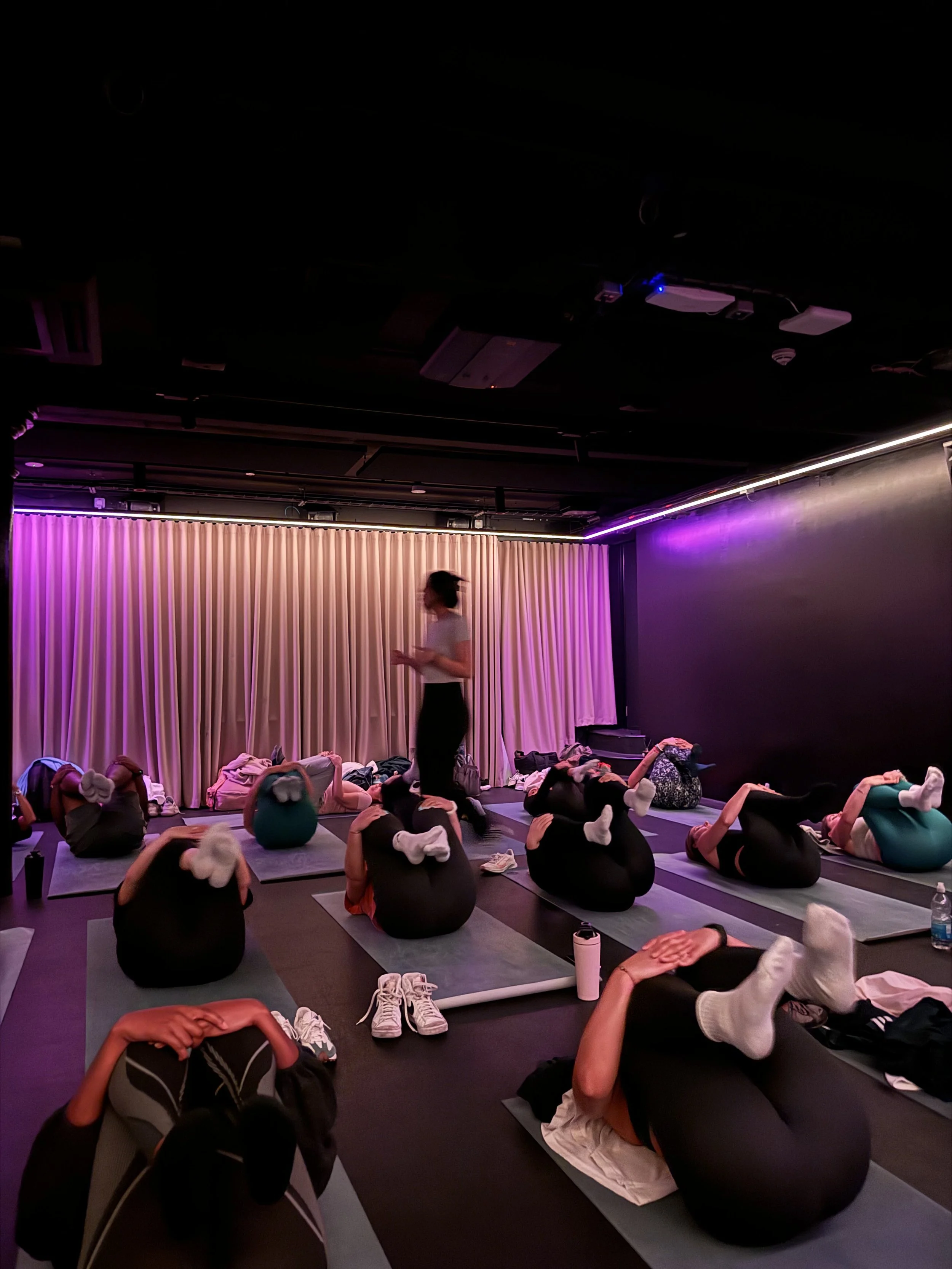Journaling ideas for emotional health and happiness
In times of quarantine in particular, journaling can be an incredible tool for voicing your true feelings and processing them. This is an outline of various resources I have used for the past 25 years. I hope it helps. Get in touch if you have any questions!
What is journaling like?
Journalling is like having a listening ear available to you at all times. The journal doesn’t judge; it is always willing and patient for as long as you need it. When you get tired, you can put it down, no questions asked.
Journaling is giving ourselves time to for self-expression. Often we don’t get to voice our thoughts and feelings because we are busy on a project or looking after other people. By writing them down, we get to express and process them. This happens layer by layer: We write down our immediate feelings, we probe into them, the second layer comes out.. and so on until we get to thoughts and feelings we never knew we had, and ultimately insights into our soul and character. Journaling is a tool for self-discovery, getting to know the one person that we will be with forever.
There are two main types of journals: the ’stream of consciousness’ type, where you pour out your emotions in the order that they come, and the 'guided' journal, where you answer questions already printed out for you on each page. I’ve used both of these, sometimes at the same time.
Acknowledge your thoughts and feelings
When I left home at 18, I hadn't learnt to express my feelings very well. I could typically make very rational decisions about things, but I couldn't hear my gut and sometimes I would let feelings fester until they would build to a boiling point. At which point, like a pressure cooker, they would lead me to a rash decision that I wasn't proud of. I knew I had to start processing things and this led me to writing them down. I used a lined notebook back then but these days I use the Catch-it app, which is more portable; you can journal on your phone, wherever you happen to be.
If you find it easier to doodle…
I studied architecture and I was given permission to be creative with everything. I had an A3 sketchpad with me most of the time, where I would write big all over the page, across the page, across two pages, and so on. All the suppressed emotions from my teenage years that had never come out were now coming out in full force.
Dig deep
I kept a constant journal about what I was feeling at university. It slowly got a little calmer. As a regular customer in the 'mind-body-spirit' section of the bookshop, I bought a book called the Artist’s Way and filled out the workbook, which was about self-discovery.
Consider the bigger picture
There was a point after university, when I lost the meaning of life. I found myself wandering the streets of London a bit aimless and called the Samaritans a couple of times, not suicidal but definitely hopeless. Around that time, I was offered free counselling in a church, and a new type of diary, of the cognitive behavioural therapy type: what thoughts are you having, can we reframe them by looking at the bigger picture. This was a simple workbook created by the lady who was leading the counselling, who later on became my flatmate. It is not a commercial product available to buy, but the typical questions in it were: -Who am I ? -Who is God? -How does God see me?
Write daily
After university, I landed an architecture job that offered me a lot of training, decent pay and more responsibility with time. However, in my gut, I knew it wasn't where my heart was. It took me a very long time to leave, as I had invested a lot of time and money studying for the job and it ticked all the obvious boxes of financial security and a career path. Journalling was the key to convincing myself I could make an unorthodox career change. I would spend time every day writing things down in my simple WH Smith A4 lined notepad (plenty of those available at work!). Most of us also used a Moleskine notepad to jot thoughts down.
Moleskine notebooks
Get vulnerable
After leaving architecture, I took a job at a charity, to set up and run a bookshop / cafe / event venue in their main building. One day, one of the leaders walked in, gave me two Brene Brown books and said 'I think you should stock these'. I read these books down in record speed; they changed my life and helped me to find my voice. They also changed how I journaled. They also have workbooks to go along with them:
Write uncensored
My charity job gave me opportunities to volunteer in fitness events and get into fitness on a part-time basis. Around that time, I discovered a lot of fitness and mindfulness podcasts. I started listening to Misbah Haque's The Airborne Mind Show. Misbah kept talking about Morning Pages, an online ‘blank slate’ type of diary, so I thought I would give it a go. It was great as a 'stream of consciousness' type journal, for spilling everything out on the page and making sense of it.
Meditate on gratitude
When I made fitness my full-time job, sometimes the work days would start at 6:30 and finish at 20:30, so an easy, quick journal was my only option. I put the 5-Minute Journal app on my phone. This app asks you 3 questions at the start of the day and 3 questions before you sleep at night, and I timed it so I would do it on my commute. It helped me to remember that, no matter how the day went, there were always reasons to be grateful.
Set intentions for your days
As I get older, time and energy feel more precious. I have read some of Brendon Burchard’s books, where he talks about living on purpose and with more presence and compassion. When he launched a diary, I bought it and have been using it on and off since then.
Organise your thoughts
The only issue I have with paper diaries is some of your brilliant thoughts and ideas can get lost amongst the pages and they are then hard to retrieve. I wanted to keep some thoughts 'pinned' to the top as daily affirmations, so I started using Evernote, which lets you tag all your notes. Some people swear by Evernote, the only downside is that it takes 3-5 steps to get to your notes and if you’re impatient like me, this is a long process!
Keep a list of Daily Affirmations
These days, if I have quick thoughts, mottos or ideas that I don’t want to forget, I use the Notes app on my laptop and phone. I have one note called ‘Journal’ that I have pinned to the top, so I can look back through it easily, glance through it and update it.
In Summary
Looking back, making sense of my thoughts helped me become a better listener for others. I am not sure where I would be today without journalling. If you are tempted to start and have any questions or comments, let me know. Hopefully I can help you get the most out of your journalling!






